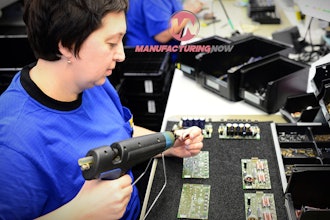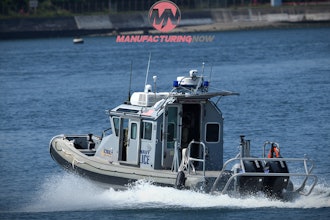A new player has entered the hyperloop game. In July, Canadian startup, TransPod, unveiled a new ultra-high-speed ground transportation vehicle. The FluxJet promises to transport passengers and cargo at more than 620 mph.
According to the company, the FluxJet is an electric vehicle that works like an aircraft/train hybrid. The vehicle features leaps in contactless power transmission and a new field of physics called veillance flux, which allows it to travel in a protected guideway faster than a jet and three times as fast as a high-speed train.
The FluxJet will operate on the TransPod Line, a network with stations in key locations and major cities. The company has some substantial backing with $550 million confirmed investment. However, the company also announced the next phase, which includes an $18 billion infrastructure project to build the TransPod Line in Alberta to connect Calgary and Edmonton.
Preliminary construction work, including the environmental impact assessment, has already begun. According to a feasibility study, the project could create up to 140,000 jobs and add $19.2 billion to the region’s GDP throughout construction.
The company unveiled a scaled-down FluxJet at an event in Toronto. The nearly 1 tonne FluxJet showed off its take-off, travel and landing capabilities within its guideway.
Founded in 2015, TransPod hopes to redefine commercial transportation between major cities around the globe. According to the company, riding from Calgary to Edmonton, which are about 186 miles apart, would take just 45 minutes and cost about $70, a little more than half the cost of a plane ticket.
In April 2022, Elon Musk said that his Boring Company would "attempt to build a working Hyperloop" that would go up to 760 miles an hour and travel from L.A. to San Francisco, which is about 400 miles apart, in 35 minutes.
Hyperloop transportation is no easy feat, particularly for passenger travel. In February, Virgin Hyperloop, which was building a 670-mph hyperloop, abandoned plans for passenger travel, cut about half its staff and shifted to a cargo-focused business model, but it still plans to launch cargo solutions sometime this decade.






















